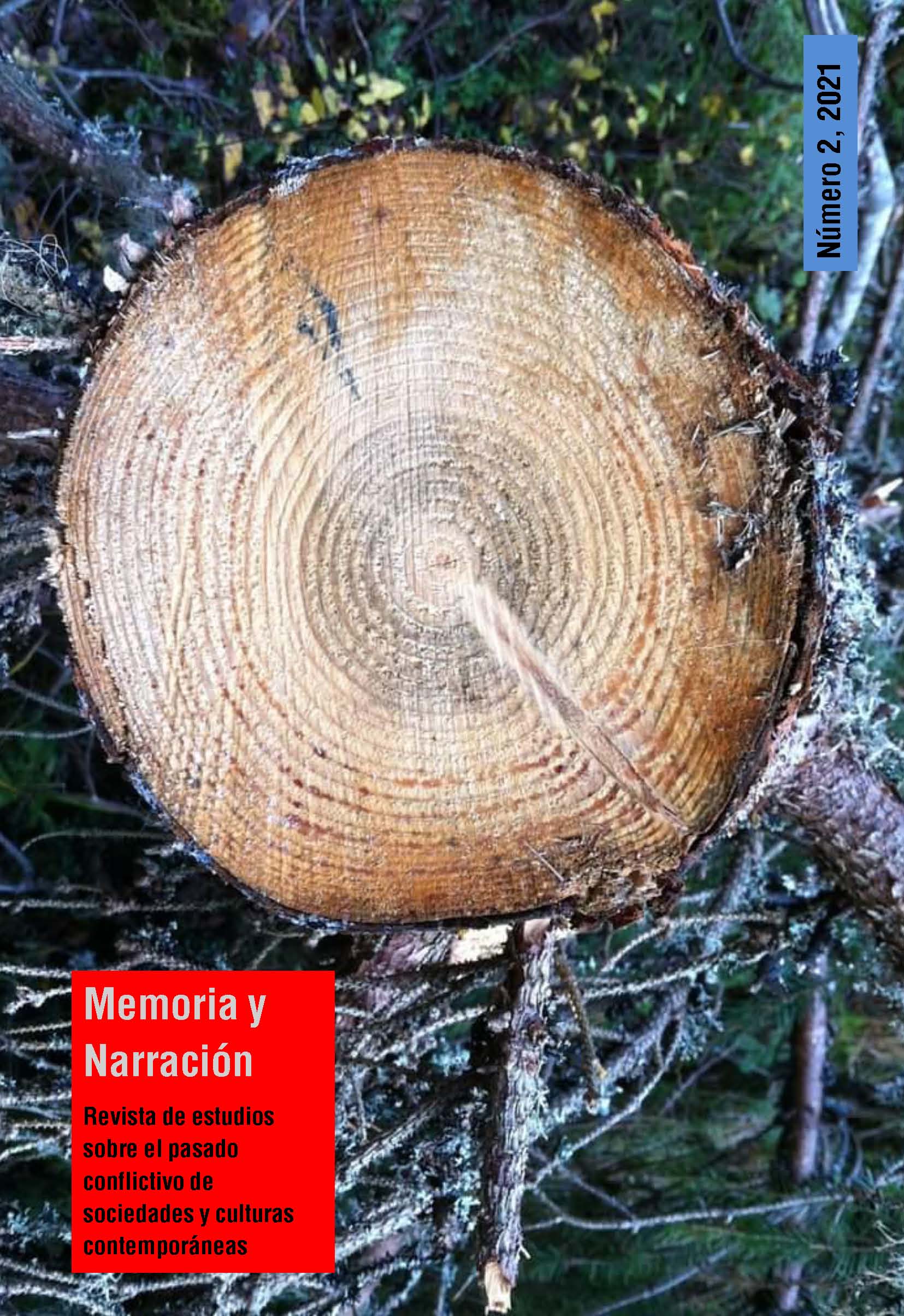Riscrivere la storia coloniale tramite l’uso dell’oralità: Il caso di Adua (2015)
DOI:
https://doi.org/10.5617/myn.8669Abstract
The article examines the use of orality in Igiaba Scego’s novel Adua (2015). Traditionally, the postcolonial literary text is regarded as a ‘translation’ between two languages: the African oral one and the European written one. The aim of the article is to move the attention from orality as a sign of Otherness towards orality as transmission and retelling; this critical shift is necessary as Italian postcolonial literature is often regarded more as a documentary text rather than a literary artefact. By relying on Memory Studies, and specifically on concepts such as Marianne Hirsch’s postmemory, Yael Zerubavel’s countermemory and Astrid Erll’s travelling memory, the analysis shows that Adua is built on the oral communication of memories through dialogues between different characters and other images connected to the act of listening and retelling. Eventually, the dichotomy orality-africanity is dismissed in favour of orality-transmission.
Downloads
Published
Issue
Section
License
Authors who publish in this journal accept the following conditions:
- Authors retain copyright and grant the journal right of first publication with the work simultaneously licensed under a Creative Commons Attribution License that allows others to share the work with an acknowledgement of the work's authorship and initial publication in this journal.
- Authors are able to enter into separate, additional contractual arrangements for the non-exclusive distribution of the journal's published version of the work (e.g., post it to an institutional repository or publish it in a book), with an acknowledgement of its initial publication in this journal.
- Authors are permitted and encouraged to post their work online (e.g., in institutional repositories or on their website) prior to and during the submission process, as it can lead to productive exchanges, as well as earlier and greater citation of published work (See The Effect of Open Access).


